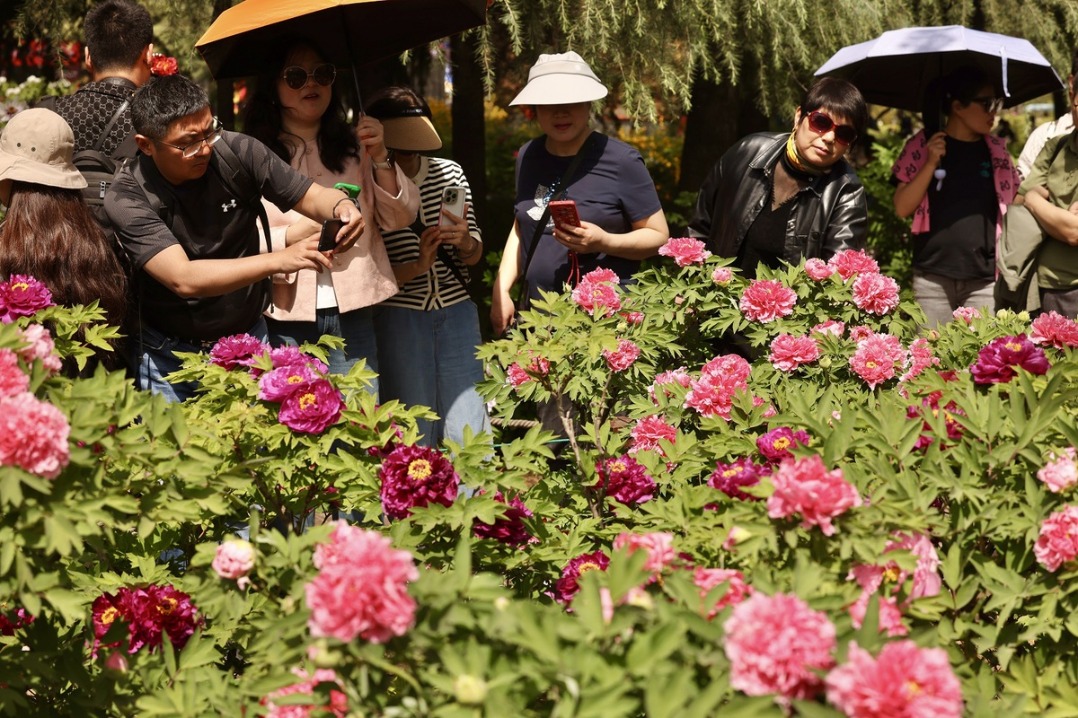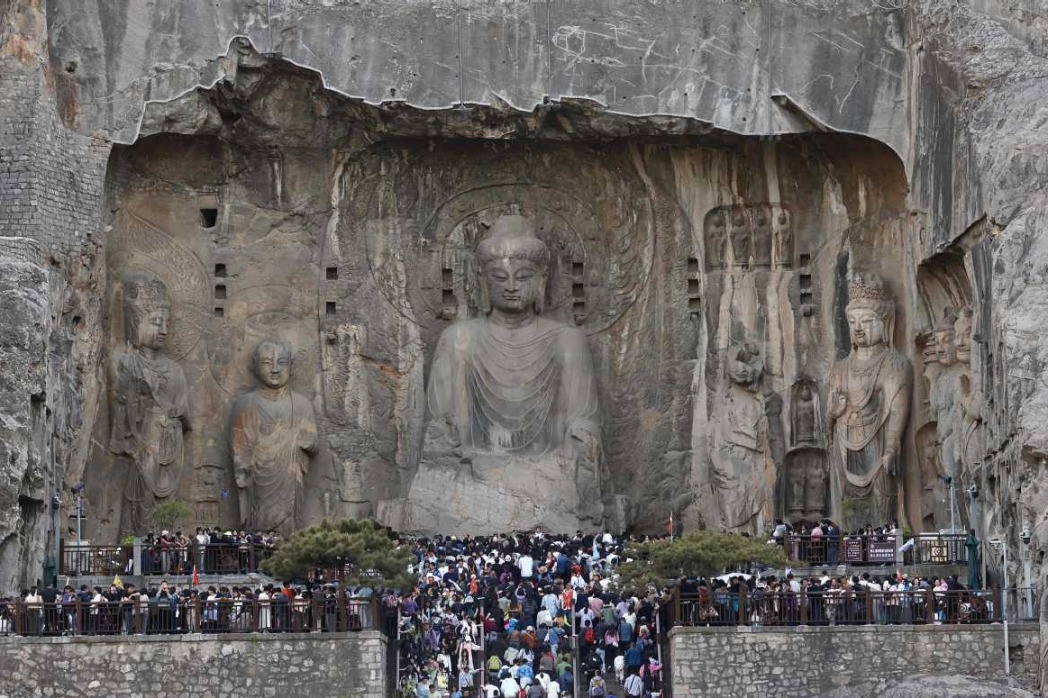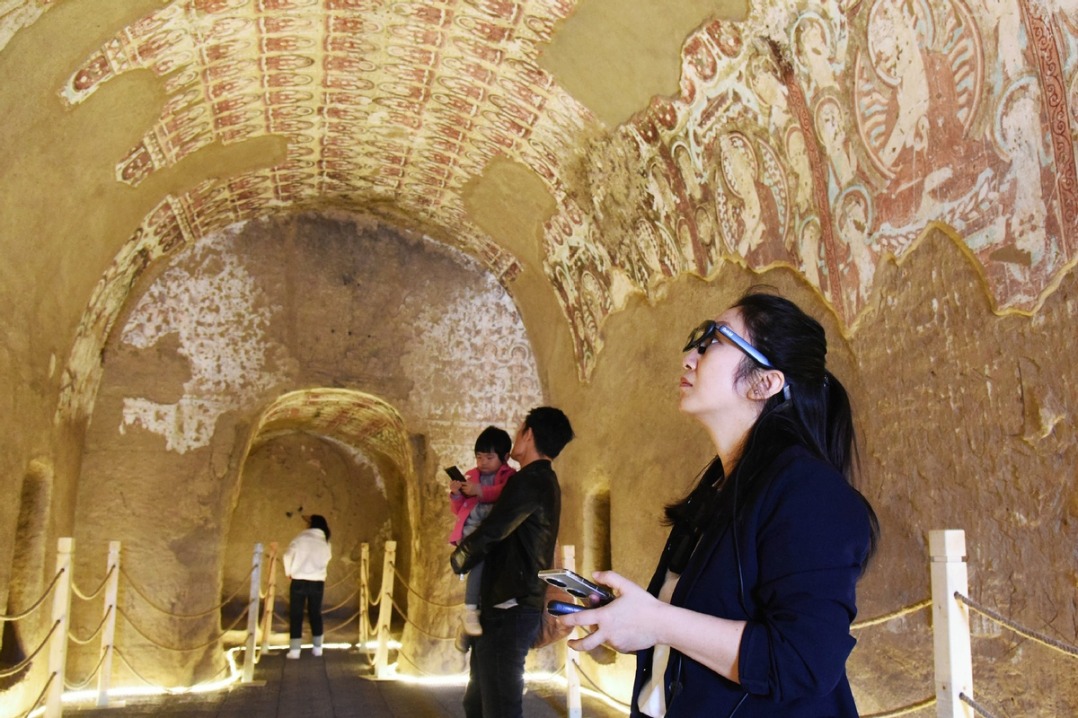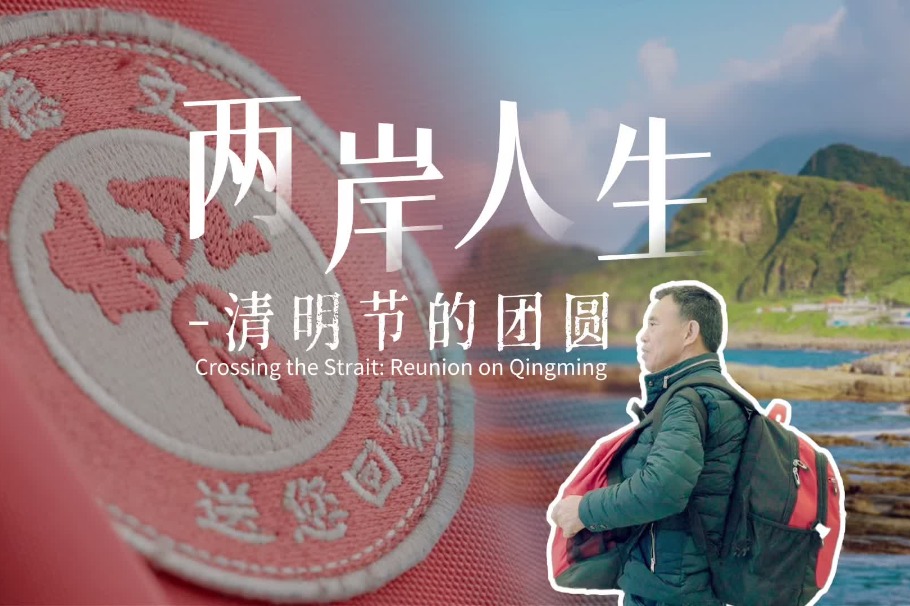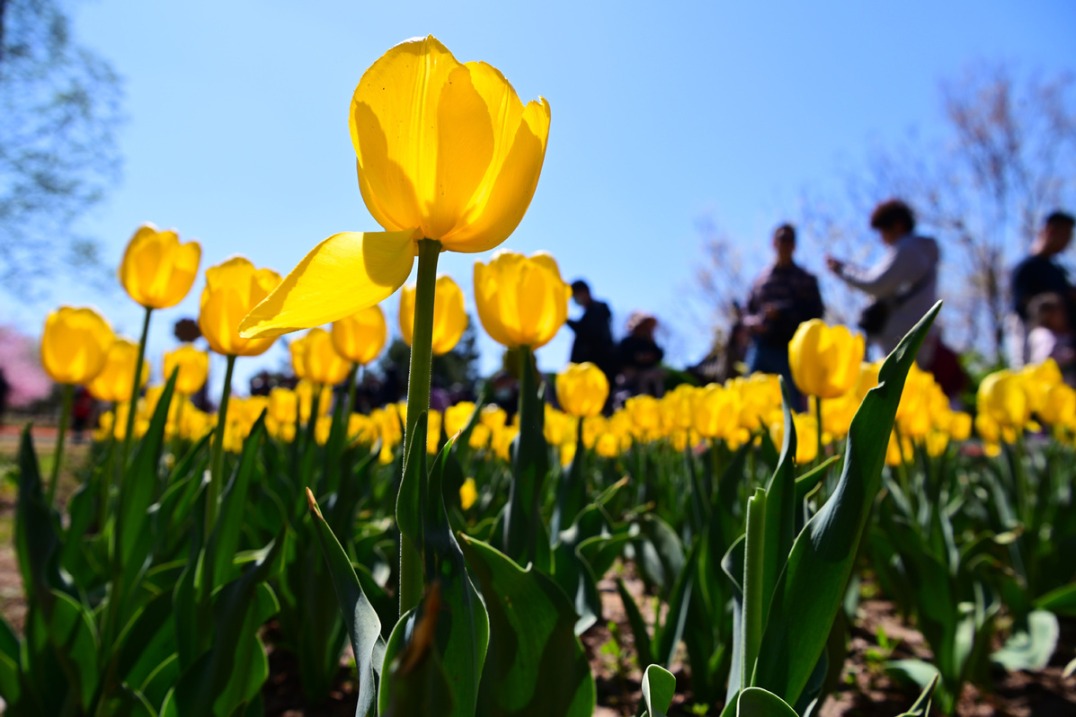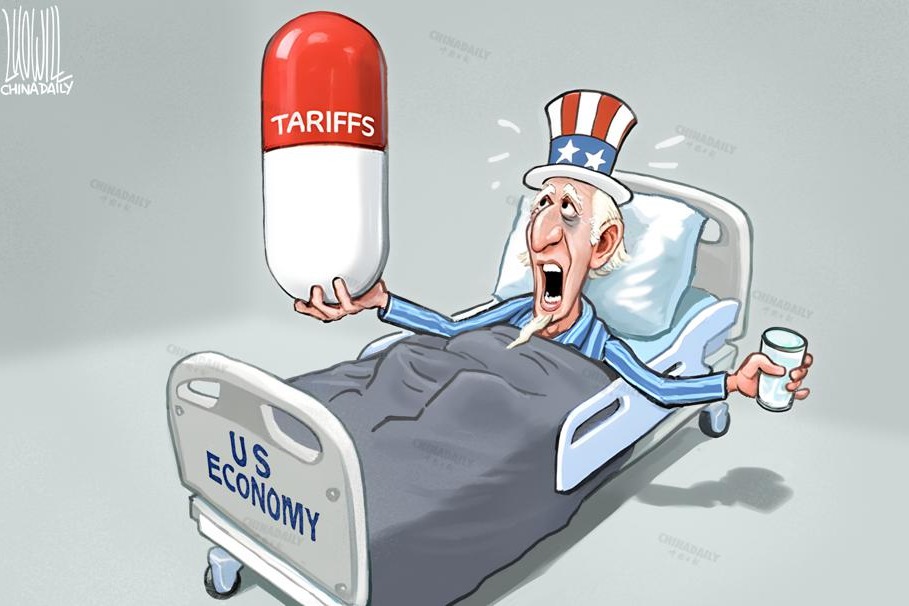Backyard bully

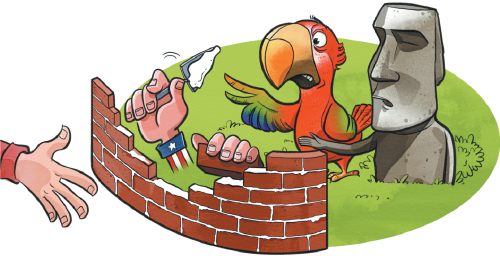
Trump administration's advancing of US interests in Western Hemisphere relies on insults, pressure and tariffs
During his inauguration on Jan 20, US President Donald Trump was asked about relations with Latin America and Brazil. He replied: "should be great", but added: "They need us much more than we need them. We don't need them. They need us. Everybody needs us." This harsh response to a Brazilian journalist highlighted a key characteristic of his government policy.
On the same day, Trump announced the imposition of 25 percent tariffs on imports from Mexico and Canada, threatened to retake the Panama Canal, voiced the intention of taking Greenland from Denmark, changed the name of the Gulf of Mexico to the "Gulf of America", and began a relentless hunt for illegal immigrants, most of whom are of Latin American origin. Later, he announced the imposition of 25 percent tariffs on steel and aluminum, directly impacting Canada and Brazil, the two largest exporters to the United States.
The Trump administration considers Latin America and the Caribbean countries to be its backyard, and essential for strategic natural resources and security.
On Feb 13, Admiral Alvin Holsey, commander of the US Southern Command, testified before the Senate Committee on Armed Services, as part of the command's annual Posture Statement to Congress. Speaking about China's presence in Latin America, he highlighted: "While the United States is looking to the Far East, China is plowing fertile ground to our south. The region is home to abundant natural resources, including 20 percent of the world's oil reserves, 25 percent of its strategic metals, 30 percent of its forest area, 31 percent of its fishing areas and 32 percent of its renewable freshwater resources. Economics plays a central role in China's interest in the region. Understanding this, China has used its Belt and Road Initiative to become South America's largest trading partner and second-largest in Central America and the Caribbean."
On March 5, the Senate Committee on Foreign Relations organized a hearing to discuss "Advancing American Interests in the Western Hemisphere". Two important scholars testified to the involvement of China with LAC countries. They mentioned investments in the BRI, the high-level interaction of trade, military consulting with the People's Liberation Army and the alleged fentanyl trafficking. Senators who attended the hearing highlighted a lot of prejudice against China and showed how containing its development is a bipartisan consensus.
It is interesting to note that LAC countries are treated as "objects" by senior US leaders rather than as autonomous actors on the international stage with their own interests. There is an attempt to infantilize LAC countries on the pretense that they are naive and do not understand the threats of a hypothetical "big bad wolf".
Because of this perception, the relationship between Latin America, the Caribbean and China is being tested at every turn. The threats against the government of Panama, for example, are having an effect, as there is US pressure for the Hong Kong company CK Hutchison to sell its port assets in the Panama Canal to the fund manager BlackRock. If it occurs, this sale should not be viewed from an economic perspective but from a geopolitical perspective, as the Trump administration has wrongly accused China of controlling the canal. It is worth remembering that when the Panamanian government took over the canal in 1999, one of the most critical clauses was maintaining neutrality and fairness in managing the canal for ships from all countries using the passage.
It's also worth mentioning that, during Trump's first term, several US government agencies pressured countries in the region to ban the telecommunications company Huawei from their 5G infrastructure, arguing that China could create a surveillance system and compromise the security of the countries that hosted it. This pressure continued under the Joe Biden administration. However, most LAC countries did not give in to the US' coercion. In the end, as in the case of Brazil, the interest of companies and society in obtaining a reliable, robust, and much cheaper 5G system than the few competitors supported by the US prevailed.
There is currently pressure against the building of electric vehicle manufacturing plants in Mexico because, according to the US bias, the driving assistance systems of these vehicles could capture sensitive information about customers, roads and their surroundings, including military assets. Because of this, according to Reuters, on April 18, 2024, "Mexico's federal government, under pressure from the US, is keeping Chinese automakers at arm's length by refusing to offer such incentives as low-cost public land or tax cuts for investment in EV production …" This situation continues a year later, with Trump's new term.
The appointment of Cuban-American Marco Rubio as US Secretary of State tends to intensify attacks on cooperation between LAC and China. As a senator, he actively worked to impose numerous sanctions against China. The current US administration has nothing positive to offer LAC countries. In the first Trump administration, the "América Crece" Initiative, or the Growth in the Americas Initiative, and the Development Finance Corporation were created to compete with Chinese productive investments in the region, but nothing substantial has happened. In 2022, Biden announced the creation of the "Americas Partnership for Economic Prosperity", promising investments that could support the development of the region and address the root causes of illegal immigration, but this remained just a promise, as nothing substantive has been created for the "Western Hemisphere".
The only assets available to the US government today are insults, pressure, tariffs and threats of intervention. Meanwhile, cooperation with China offers opportunities for investment, technology transfer and a huge market in sectors where the US competes with LAC countries, such as soybeans, corn, cotton, meat and oil. These are challenging times, but the advance of history cannot be stopped.
The author is a professor of international political economy at Sao Paulo State University in Brazil. The author contributed this article to China Watch, a think tank powered by China Daily. The views do not necessarily reflect those of China Daily.
Contact the editor at editor@chinawatch.cn.

















